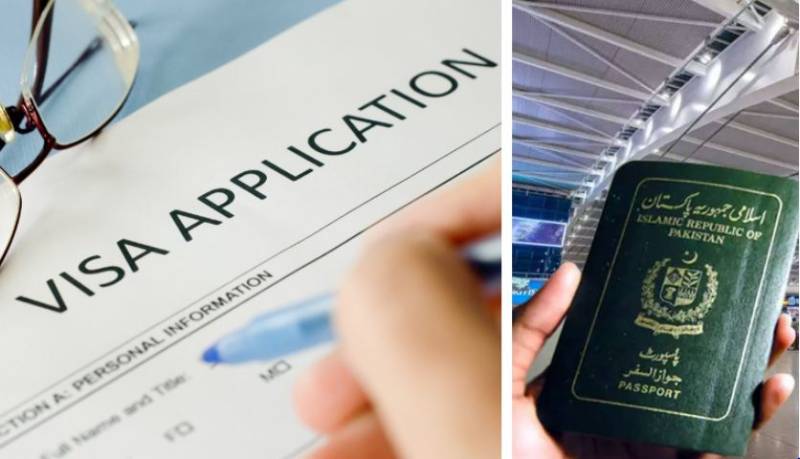Japan Cabinet Greenlights Long-Term Work Visas For International Workfor

In a momentous decision, Japan's Cabinet has granted its endorsement for the issuance of extended work visas to foreign employees. This landmark move allows global workers to reside and work in Japan for an extended duration, offering enhanced visa terms and supplementary advantages. Moreover, the Cabinet has broadened the range of eligible sectors under the specialized visa initiative, with a focus on proficient blue-collar workers. This strategic maneuver aims to combat the nation's labor scarcity issue. The anticipated expansion is slated for implementation in the upcoming autumn, following a thorough public consultation. This development aligns with Japan's overarching strategy to allure and retain adept foreign workers.
Japan Work Visas
Mitigating Labor Scarcity via Visa Enlarg...
The Type 1 visa enforces a five-year residency cap...
Type 1 Visa Expiry
<...
Key Notes
In conclusion, Japan's decisive move to approve long-term work visas for foreign workers marks a significant step towards addressing the country's labor shortage and fostering a more diverse and skilled workforce. By expanding the list of eligible sectors under the specialized visa program, Japan aims to attract and retain proficient blue-collar workers, contributing to the growth of various industries. For more information regarding Japan Visa for Pakistani Passport Holders, Check Dropvisa.
Worldwide Visa Information for Pakistani Passport:

